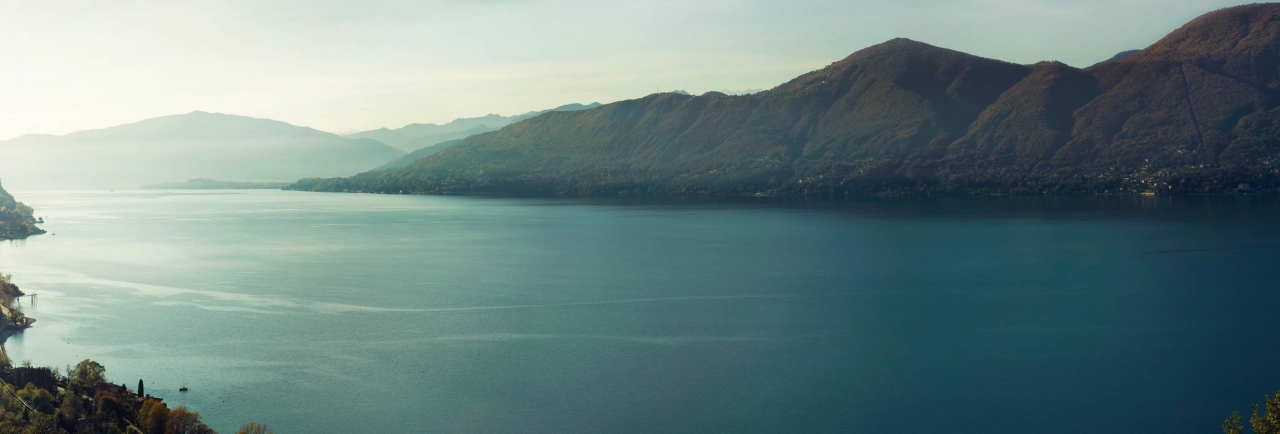New projects selected by the Rexel Foundation’s Executive Committee

30 October 2018
The Executive Committee of the Rexel Foundation for a better energy future met on October 12, 2018. Eight projects were selected to promote access to energy efficiency for all, fight fuel poverty, support vocational training, raise households’ awareness of the energy transition, inform the various stakeholders, and encourage social innovation in the energy field.
The main decisions and directions taken by the Committee are the following :
Nathalie Wright, Group Digital and IT Transformation Director and CEO Rexel Nordics, joined the Executive Committee.
Ernst Worrell, appointed by the Executive Committee on June 13, 2016 for a duration of two years as an independent expert, received a term extension.
The projects selected are :
- Energie Solidaire, which allows consumers to finance the fight against fuel poverty via an innovative funding solution: micro-donations on energy bills
- Support for the University of Berkeley’s (California) “Ecoblock” research project on urban renovation
- Support for Next Step, whose mission is to build prefab homes equipped with energy-efficient solutions at an affordable price for low-income households in the United States
- Educating and training middle school pupils in technical and industrial vocational fields in partnership with the TEKNIK Foundation
- Developing citizen energy production and management projects with Energie Partagée on the rooftops of MAIF (French mutual insurance company)
- Support for the association LP4Y, which is developing a professional integration program for young people from rural areas thanks to its Green Village in Raipur (India)
- Support for the Hope Chair of the Grenoble INP Foundation, which brings together energy efficiency expertise in France.
- Also, for the first time, the Rexel Foundation has become an operating foundation and is leading the “L’Energie des possibles” (The energy of potentials) project in Roubaix. This project aims to find new action models to help users escape from fuel poverty via a series of four group workshops in which inhabitants of Roubaix who have experienced this situation work together with local actors to create new solutions. The first potential solutions identified will be tested as early as 2019.

